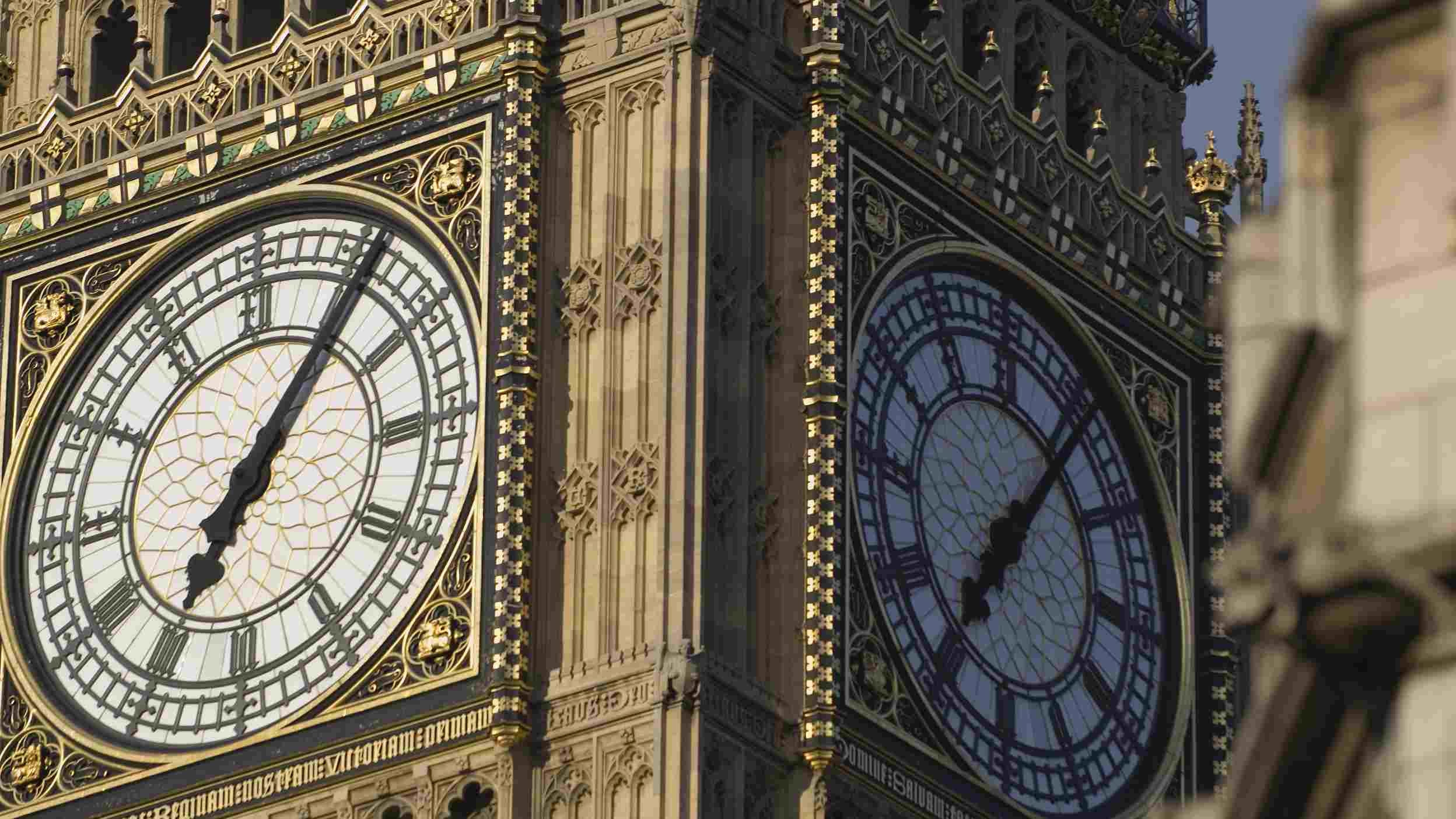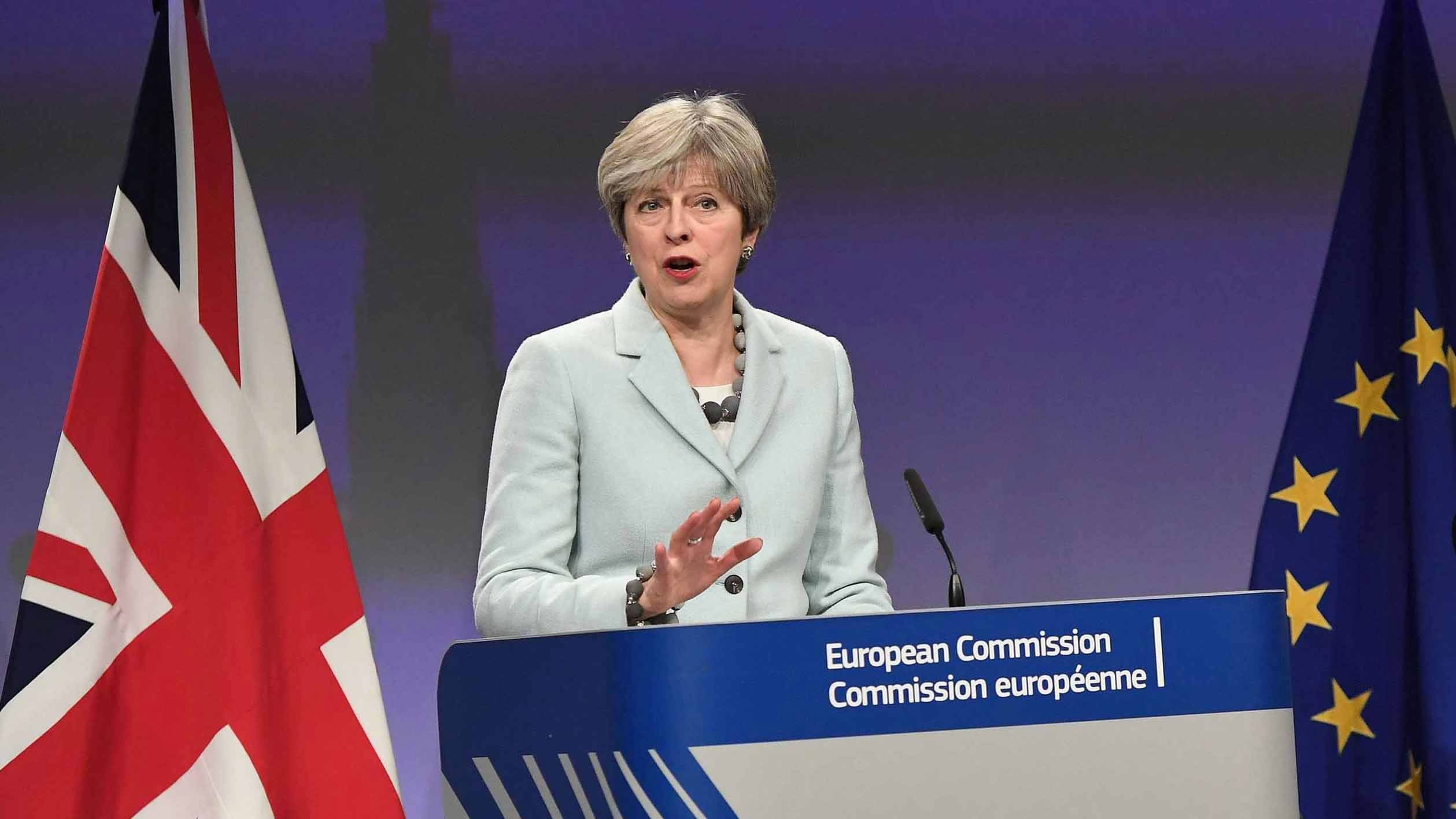
Business
22:30, 27-Dec-2017
Movers & Shakers: UK feels the pain of Brexit in 2017
By CGTN's Gao Songya

The year 2017 ended with agreements between the UK and European Union (EU) on issues regarding citizens’ rights, the Irish border and the so-called "divorce bill" that Britain will pay as it leaves the bloc.
Brexit negotiations can now move onto the next phase in 2018 after a roller-coaster year.
The UK had gone back and forth for months just to get the negotiations started. Nine months after people voted to leave the EU, Prime Minister Theresa May finally managed to trigger in March a clause in the Treaty of Lisbon that enables a member state to exit the 28-member union.

The Big Ben in London /VCG Photo
The Big Ben in London /VCG Photo
The country’s economic growth further eased. Official data showed third quarter’s GDP growth rate stood at 1.7 percent, the slowest in over four years. Companies have also hesitated to spend more in the face of an unclear trade deal ahead with the EU.
Also, weak currency, inflation and narrowing income raise limited consumer spending during the same period, which expanded at the weakest pace in five years by only one percent after adjusted with inflation.
The UK crashed out of world's top five economies to the sixth place in the International Monetary Fund (IMF)’s ranking this October. The IMF also lowered its forecast for the UK’s economy, and urged the UK government to pace up transition of leaving the EU.
But the transitional plan will not be delivered until next March, when the next phase of talks on future trade relationships begins.

May made some compromises during the negotiations. She agreed to pay more money and to European Court of Justice’s oversight over EU nationals in the UK for eight years. She also agreed that the UK would ensure no new regulatory barriers with the EU if no better solutions could be found on the Irish border issue.
The UK is due to leave the EU by March 2019. Before that, the remaining issues are likely to be navigated with a cabinet divided between so-called Brexiteers, and those who campaigned to stay in the EU, which will only add to the country’s suffering.
(CGTN's Olly Barratt and Mariam Zaidi also contributed to the story.)

SITEMAP
Copyright © 2018 CGTN. Beijing ICP prepared NO.16065310-3
Copyright © 2018 CGTN. Beijing ICP prepared NO.16065310-3